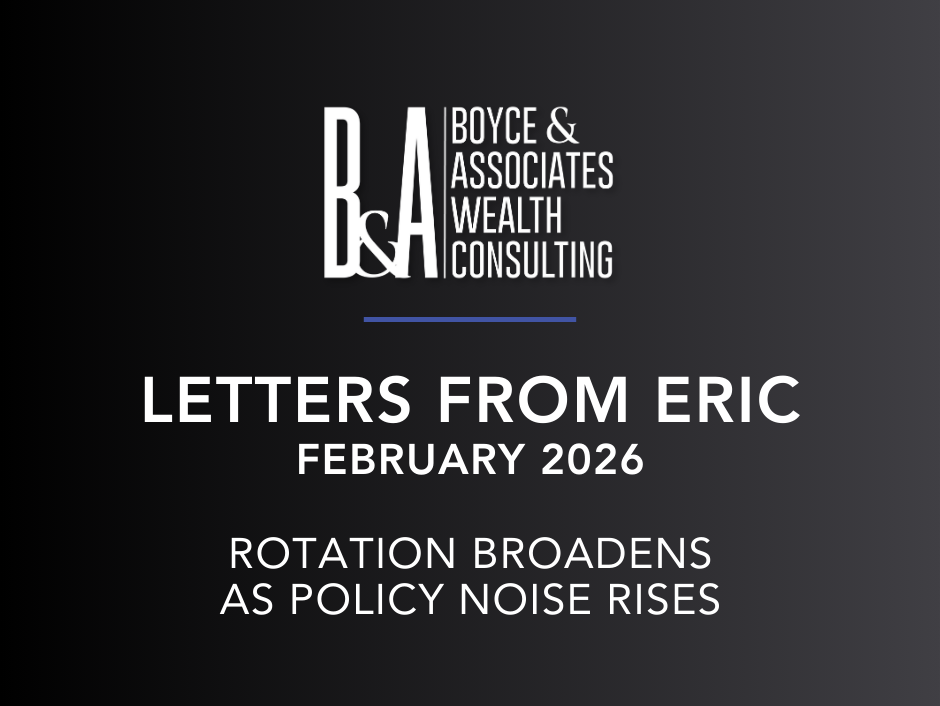Charts & Chat - October 6, 2024
This week, CEO Eric Boyce, CFA discusses
1. more positive economic surprises; Fed more likely to drop rates 0.25% versus 0.50% next meeting
2. labor markets showing resilience in most recent data; employment costs not going down any more; data on where job growth is coming from and which areas are contributing to unemployment
3. Atlanta Fed GDP Now estimate is for 2.5% GDP growth in 3Q (annualized)
4. ISM manufacturing remains weak; service sector strength
5. dollar remains strong; more central banks cutting rates
6. private construction remains somewhat strong in certain areas (data centers versus office); valuations increasing
7. strong global liquidity helping to justify equity market valuations; profits increasing, setting up decent equity outlook in 2025
8. credit spreads remain well in check; private lending very strong, highlighting access to capital by small/mid-sized firms










